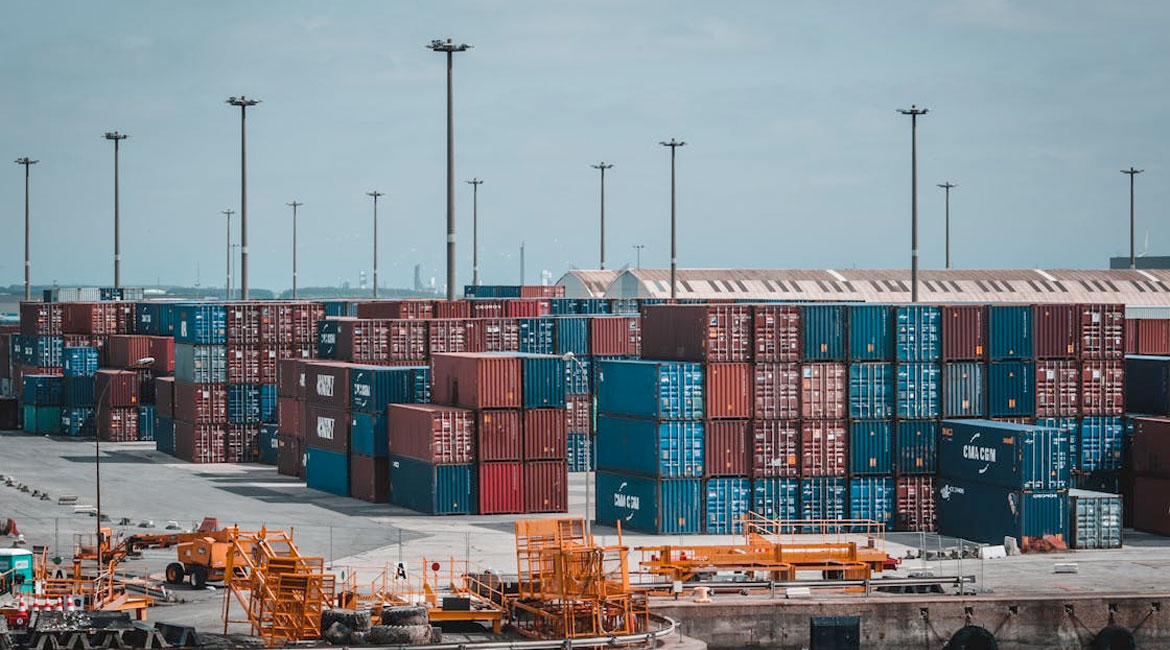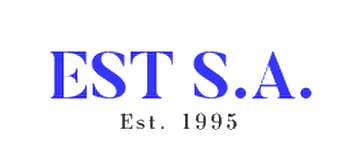In today’s interconnected world, corporate responsibility is no longer confined within national borders. As global supply chains grow more complex, so too does the demand for transparency, ethical sourcing, and environmental stewardship. The next frontier in global compliance is not just about what companies do within their own walls, but how they manage and monitor every link in their supply chains.
Global context: a turning point for transparency
Recent years have seen a surge in public scrutiny over corporate supply chains. Scandals involving child labor, unsafe working conditions, and environmental degradation have sparked global outrage, prompting both consumers and governments to demand greater accountability. From fast fashion to tech manufacturing, companies are being held responsible not just for their own practices, but for those of their suppliers and subcontractors.
This shift is reflected in the rise of mandatory due diligence legislation. The European Union’s Corporate Sustainability Due Diligence Directive (CSDDD), for example, requires large companies to identify, prevent, and mitigate adverse human rights and environmental impacts throughout their value chains. Similarly, the United States’ Uyghur Forced Labor Prevention Act and emerging regulations in the Asia-Pacific region are setting new benchmarks for corporate conduct.
International frameworks like the OECD Due Diligence Guidance for Responsible Business Conduct are also gaining traction, offering companies a roadmap to navigate these evolving expectations. These standards are no longer optional. They are becoming the foundation of modern compliance.
New international compliance: mapping the chain
The traditional model of internal compliance is no longer sufficient. Today, companies must map, assess, and verify every tier of their supply chain, from raw material extraction to final product delivery. This requires a shift from reactive risk management to proactive due diligence.
Technology is playing a pivotal role in this transformation. Digital audits, blockchain, and artificial intelligence are enabling real-time monitoring of production processes, labor conditions, and environmental impacts. Blockchain, in particular, offers immutable records that can trace a product’s journey from origin to shelf, enhancing both traceability and trust.
Moreover, supplier engagement is becoming a strategic imperative. Companies are investing in training, capacity-building, and collaborative platforms to ensure that their partners meet compliance standards. This not only reduces risk but also fosters long-term resilience and shared value across the supply chain.

Risks and opportunities: the compliance imperative
The stakes are high. Companies that fail to meet new compliance standards face significant legal and reputational risks. Regulatory penalties, import bans, and consumer boycotts can inflict lasting damage on brand value and market access.
Conversely, those that embrace supply chain responsibility stand to gain a competitive edge. Transparent and ethical supply chains are increasingly seen as a mark of quality and integrity. Investors, too, are paying attention. Environmental, social, and governance (ESG) performance is now a key criterion in investment decisions.
By embedding compliance into their core strategy, companies can unlock new opportunities, from accessing sustainable finance to forging stronger partnerships with like-minded stakeholders.
Future perspective: accountability as a strategic standard
Looking ahead, accountability will become as fundamental as profitability or sustainability. As regulatory frameworks mature and stakeholder expectations rise, transparency will no longer be a differentiator, it will be a prerequisite.
Financial institutions, for instance, are beginning to integrate supply chain transparency into their risk assessments. Companies that cannot demonstrate robust due diligence may find themselves excluded from funding opportunities or procurement contracts.
In this new landscape, compliance, ethics, and innovation converge. Businesses must not only comply with the letter of the law but also embrace the spirit of responsible global citizenship. This means investing in technologies that enhance visibility, fostering a culture of integrity, and collaborating across sectors to raise standards.
Conclusion: a new measure of credibility
The evolution of corporate accountability marks a paradigm shift in global business. Supply chain responsibility is no longer a niche concern, it is a core indicator of credibility in the international marketplace. As the regulatory tide rises, companies that lead with transparency and ethical foresight will not only mitigate risk but also shape the future of sustainable commerce.



